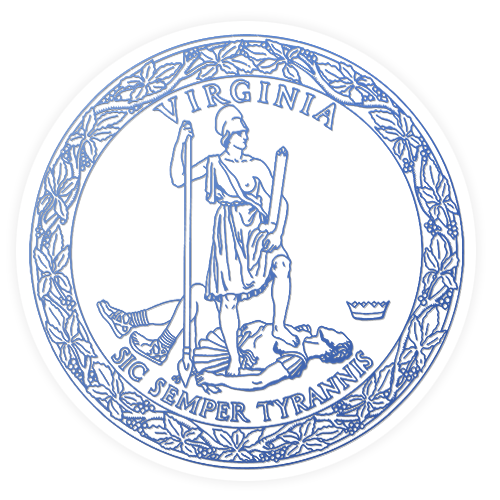Strengthen the Spirit of Virginia

Strengthen the Spirit of Virginia

Strengthen the Spirit of Virginia

Strengthen the Spirit of Virginia


RICHMOND, VA – Governor Glenn Youngkin announced the appointment of two Virginia farmers to represent the Commonwealth on the newly established Chesapeake Bay Program Agricultural Advisory Committee. This committee aims to ensure that the agricultural community’s expertise helps shape the future of the Chesapeake Bay watershed’s conservation efforts.
The announcement follows the Chesapeake Executive Council’s meeting on December 10, 2024, where members formally signed a directive to establish the Agricultural Advisory Committee, aimed at accelerating progress toward the partnership’s water quality goals. This initiative was driven by a request from the Secretaries of Agriculture in the Bay Watershed and aligns with the timeline to revise the existing Chesapeake Bay Watershed Agreement by the end of 2025. As the largest non-forest land use in the watershed, agriculture will play a critical role in creating solutions for a healthier Chesapeake Bay.
“Since day one, I have consistently said that we must work with Virginia’s farmers, not against them, in order to achieve our goals,” said Virginia Governor Glenn Youngkin. “Under my administration, we have fully funded the Virginia Agricultural-Cost Share Program for the first time ever, providing record amounts to farmers to implement best management practices. I was honored to sign the charge establishing this committee and am sincerely appreciative of the willingness of all its members to serve.”
“The creation of the Agricultural Advisory Committee is a game-changer for ensuring that farmers’ voices are front and center in shaping the future of the Chesapeake Bay,” said Secretary of Agriculture and Forestry Matthew Lohr. “By fostering stronger collaboration between agriculture and conservation, this committee will help drive innovative solutions that protect our natural resources while supporting the livelihoods and concerns of Virginia farmers.”
“In order to attain lasting success in Chesapeake Bay restoration efforts, farmers must be fully embraced as partners,” said Secretary of Natural and Historic Resources Stefanie Taillon. “Virginia has made tremendous progress towards meeting our Bay goals, and the agriculture community has been, and will continue to be, a vital component of that achievement.”
Each jurisdiction in the watershed will appoint two representatives to the advisory committee, marking a significant step in ensuring the agricultural community’s expertise shapes the future of the Chesapeake Bay Watershed’s conservation efforts. Virginia has selected Kevin Craun and Robert Waring, two farmers with extensive experience in agriculture and conservation from different regions and sectors of the Commonwealth.
Kevin Craun co-owns a 900-acre operation with his brother, managing 190 dairy cows, 100 cow/calf pairs, and dairy steers. He serves as a director and chairman of the Shenandoah Valley Soil and Water Conservation District, a member of the Rockingham County Agriculture Stewardship Committee, a commissioner of the Virginia State Milk Commission, and was recently named chair of the Farm Credit of Virginias Board of Directors. Craun also sits on the AgFirst Farm Credit District Advisory Committee.
Robert “Bob” Waring co-manages Brandon Farms, a third-generation row crop farm in Essex County, with his father. Recognized by the American Farmland Trust as a case study for its exemplary conservation and sustainability practices, Brandon Farms stands out among select farms nationwide. Waring serves on the executive board of the Southern Cover Crops Council, the Ag and Forestry Advisory Board appointed by the Essex County Board of Supervisors and has previously chaired Virginia’s Cover Crop and Nutrient Management Technical Advisory Subcommittee. He currently works at Colonial Soil and Water Conservation District.
The Executive Council, established under the Chesapeake Bay Agreement of 1983, comprises the governors of Delaware, Maryland, New York, Pennsylvania, Virginia, and West Virginia, the mayor of the District of Columbia, the chair of the Chesapeake Bay Commission, and the Environmental Protection Agency administrator representing the federal government.
# # #